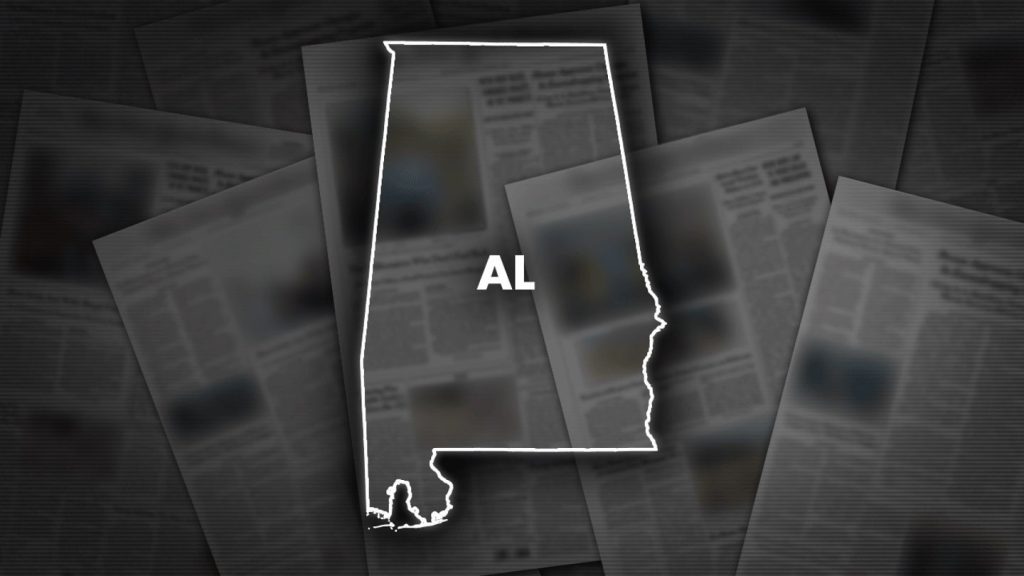Alabama lawmakers have proposed a bill that would hold librarians accountable under obscenity laws for providing potentially harmful materials to minors, a move that follows a trend of Republican-led states targeting library content and decisions. The bill, which passed the Alabama House of Representatives in a 72-28 vote, seeks to protect children by expanding the definition of prohibited sexual conduct to include any sexual or gender-oriented behavior that exposes minors to inappropriate content. Under the bill, librarians could face misdemeanor charges if they fail to remove materials or conduct that violate the state’s obscenity law within seven days of receiving a complaint from the public. Critics argue that this bill could lead to librarians being prosecuted based on personal disagreements with their decisions.
Opponents of the bill fear that it could be used to manipulate the criminal justice system to target librarians based on personal beliefs rather than any actual criminal behavior. The president of the Alabama Library Association, Craig Scott, has expressed concern that if the bill becomes law, the state could face numerous lawsuits due to potential First Amendment violations. The current political climate has led to an increase in book challenges, particularly concerning LGBTQ content, with some individuals challenging multiple books related to gender identity. Scott emphasizes that libraries are community spaces that cater to a diverse range of perspectives, and efforts to push libraries to one extreme are concerning.
Republican supporters of the bill argue that it is necessary to protect children and that courts have long interpreted what constitutes obscene material. Lawmakers point out that the bill does not necessarily criminalize all library materials, but rather holds librarians accountable for failing to address potentially harmful content after being made aware of it. However, Democratic opponents of the bill argue that it could be easily abused and result in unwarranted prosecution of individuals based on subjective interpretations of what constitutes inappropriate material. Concerns have been raised about the potential impact of the bill on freedom of expression and the ability of libraries to serve their communities impartially.
Some critics of the bill have expressed apprehension about its language potentially allowing individuals to target and harass others based on their clothing choices, such as Halloween costumes or summer clothing that may be considered revealing. Democratic lawmakers argue that the bill could infringe on First Amendment rights and raise concerns about its potential for misuse or abuse. Despite assurances from Republican sponsors that the bill is limited in scope and only applies to specific circumstances, opposition remains strong among those who believe that the legislation is unnecessary and could have a chilling effect on library services and free expression.
As the bill advances to the Alabama Senate, tensions remain high between supporters and opponents of the legislation. The proposed law represents a broader national debate over censorship and the role of public libraries in providing access to diverse viewpoints and materials. Advocates for free expression and intellectual freedom view the bill as a threat to the fundamental principles of library services, while proponents argue that it is essential for protecting children from exposure to potentially harmful content. The outcome of this legislation will likely have far-reaching implications for libraries and communities across Alabama, as well as set a precedent for similar measures in other states grappling with issues of censorship and cultural sensitivity.


